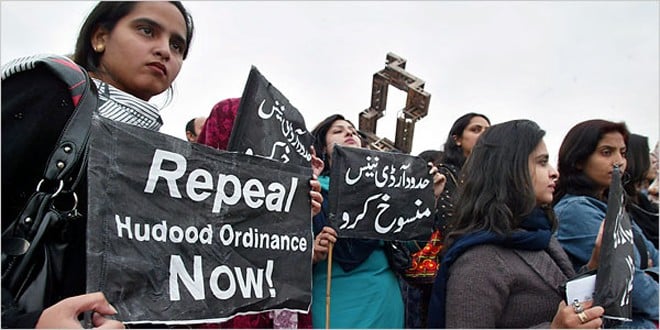

What were the reasons behind the setting up of the Council of Islamic Ideology? On paper, the Council of Islamic Ideology, a constitutional body, advises the legislature whether a certain law is repugnant to the Quran and Sunnah.
The Council, established as "Advisory Council of Islamic Ideology on August 1, 1962 under Article 199 of the Constitution of the Islamic Republic of Pakistan 1962," provided for the "constitution of the Council (Articles 199 – 203), its functions (Article 204), rules of procedure (Article 205), and the establishment of Islamic Research Institute (Article 207)," says the website of Council of Islamic ideology.
Justice Abu Saleh Muhammad Akram was the first chairmen of the council who served from 1962-1964 while the longest-serving chairmen was Prof Allama Allauddin Siddiqui who remained chairmen from 1964-1973.
The website says, "The Advisory Council of Islamic Ideology was re-designated as Council of Islamic Ideology in Article 228 of the 1973 Constitution with provisions for its composition (Article 228), Procedure for reference to the Council (Article 229), its functions (Article 230), and Rules of Procedure (Article 231)."
The office of the council, according to the website, was situated in Lahore where it continued to work until 26 September 1977 when its offices were shifted to Islamabad. The Council shifted to its own building in September, 1995.
Since 1962, "the Council has held 190 meetings, revised laws of Pakistan, recommended several legislations and submitted more than 90 reports. The present assignments of the Council include: in addition to reviewing laws, "submission of recommendations to Parliament and dealing with references from the President, Governors, and both Houses of Parliament," besides conducting research, bring out publications, holding seminars, conferences.
Senior columnist and human rights activist, I.A. Rehman, says in one of his articles that appeared in this newspaper in November, 2010, titled, "The Council revisited, "The first reference to a religious body to advise the government was made in the second report of the Basic Principles Committee (BPC) submitted to the Constituent Assembly by Khwaja Nazimuddin in 1953. (The first report of the BPC presented by Liaquat Ali Khan in 1950 did not mention any such body.) A beginning was made when the BPC "decided to set up a Board of Talimat-i-Islamia to advise the committee (BPC) on matters arising out of the Objectives Resolution and on such other matters as might be referred to it by the BPC or by any other committee or sub-committees".
The article further says, "Chapter III of the Draft Constitution attached to the BPC’s second report was devoted to "Procedure for preventing legislation repugnant to the Quran and Sunnah".
"A revised version of this chapter was included in the BPC report adopted by the Constituent Assembly in 1954."
Rehman says though President Ayub’s Constitution of 1962 "gave the Islamic organisation referred to earlier the title Advisory Council of Islamic Ideology but he kept its mandate within the limits prescribed in the 1956 Constitution, that is, research and education. It was only through the Constitution (First Amendment) Act, 1963, that, along with the restriction of the name of the republic as the Islamic Republic of Pakistan and the Fundamental Rights chapter that the council was entrusted with the task of applying the repugnancy-to-Islam test to new and existing laws."
Rehman points out that the "Interim Constitution of 1972 retained the Council chapter as it was in the Ayub constitution. The 1973 constitution also largely retained the scheme of 1962. One change was that, instead of advising the federal/provincial government on measures and means of enabling the Muslims in Pakistan to order their lives in accordance with Islamic injunctions, now the Council was to make recommendations to the legislatures. The Council was to submit its final report in seven years."